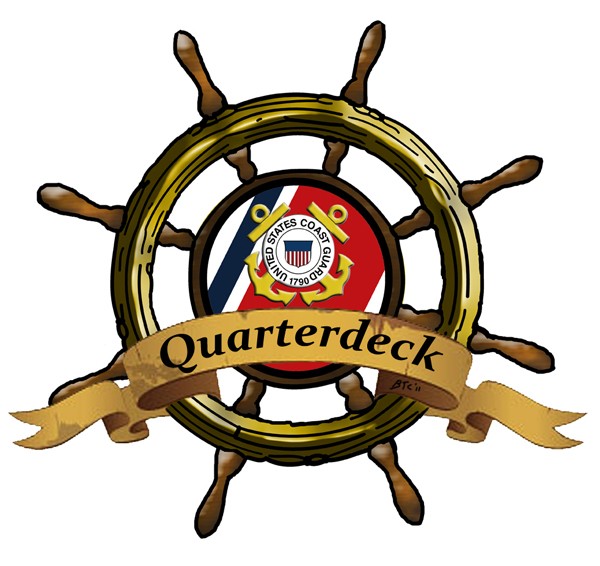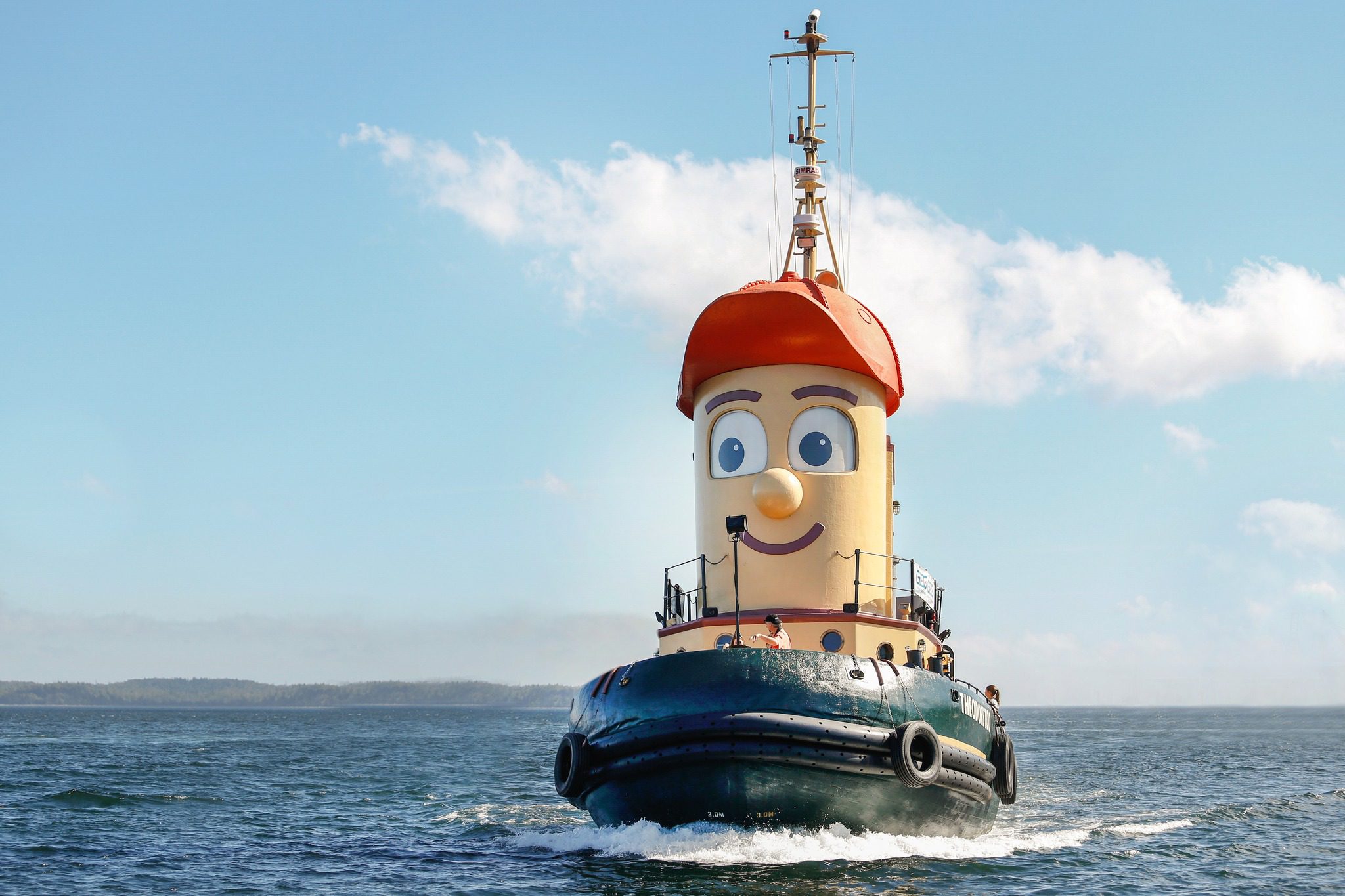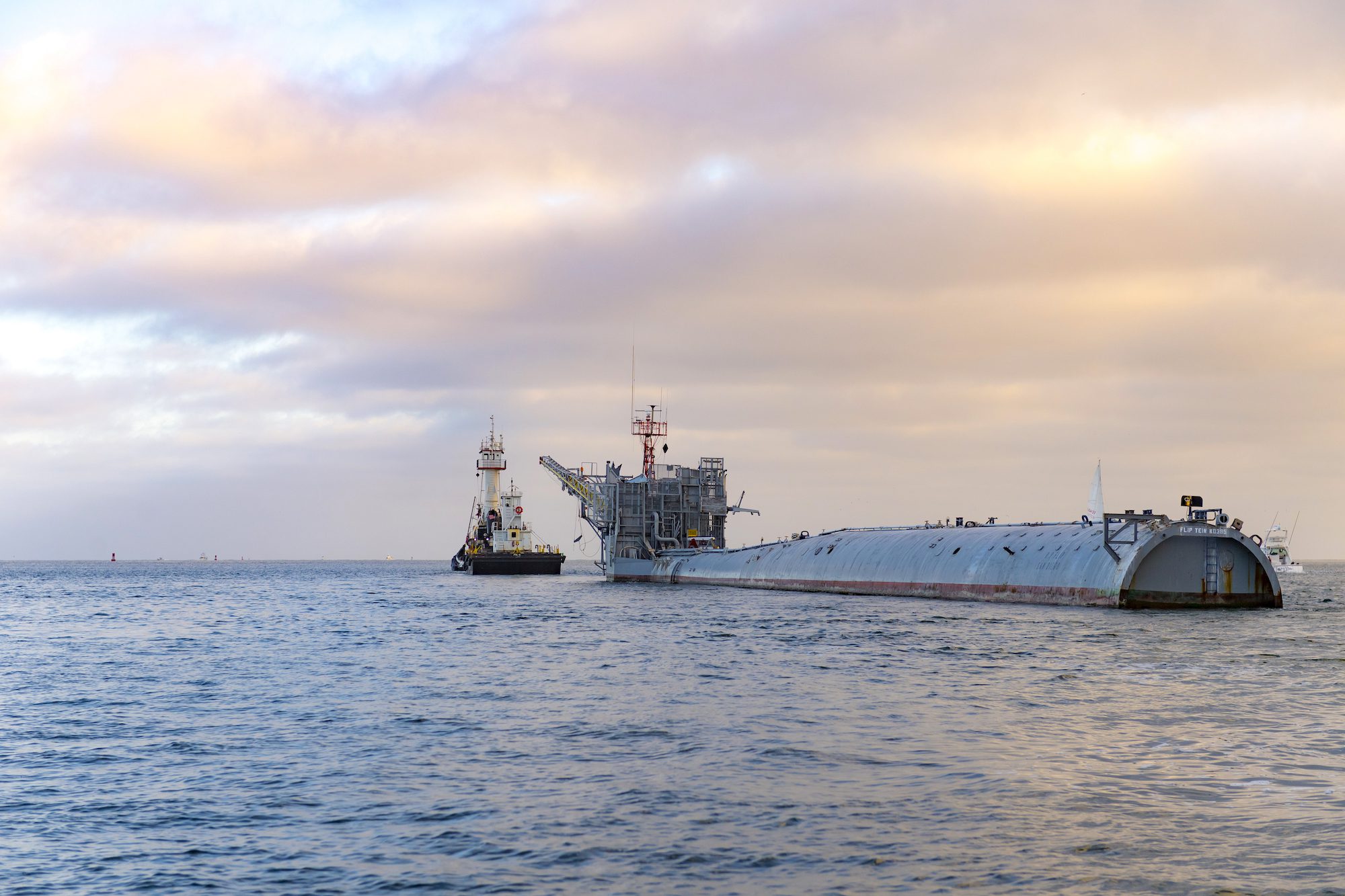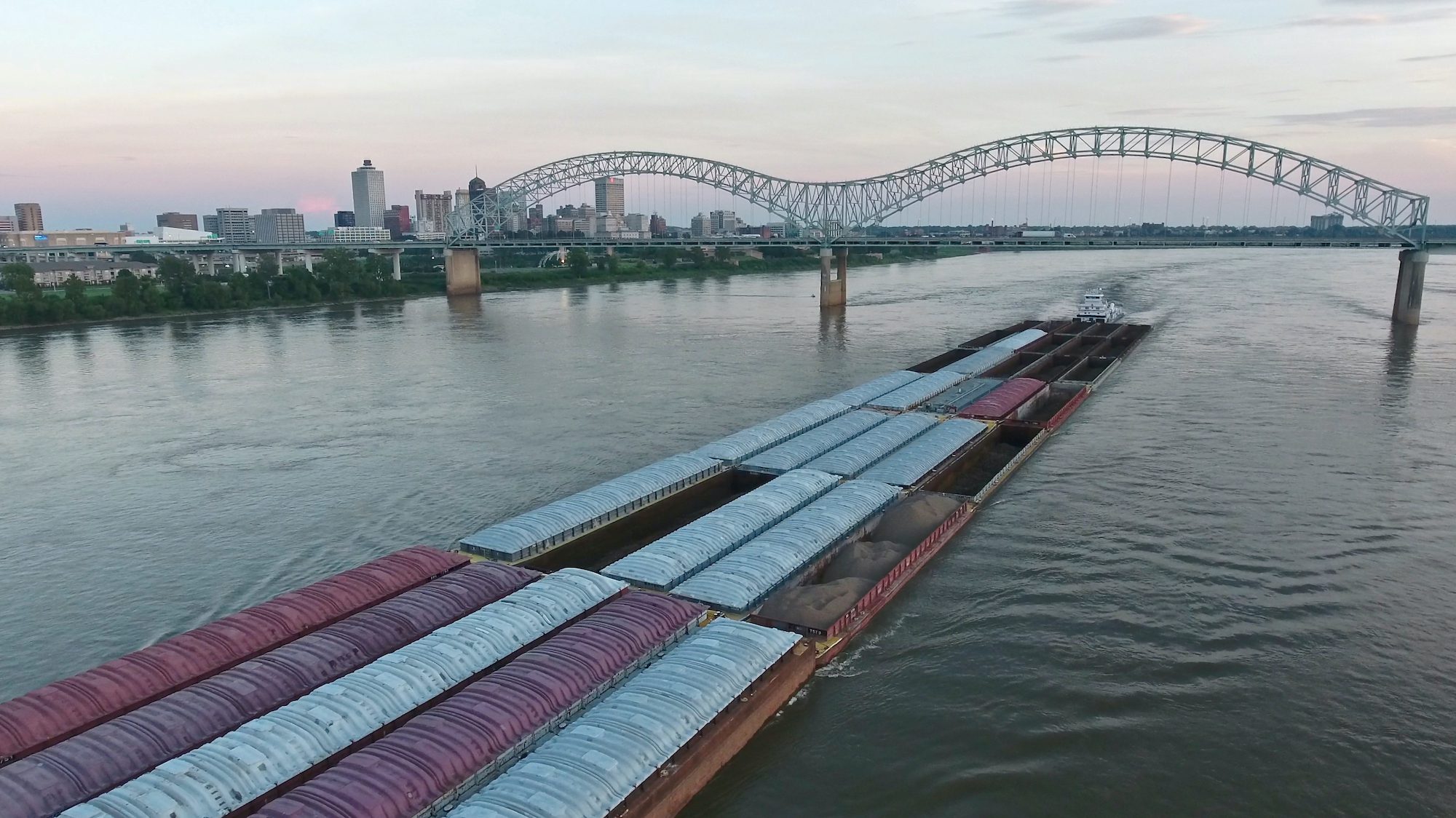
Earlier this week Ben Strong from Amver and his co-host Admiral Jim Watson of the United States Coast Guard sat down for their second episode of Quaterdeck, a maritime industry podcast, where they discussed last weeks CMA Shipping conference, piracy, and social media in the maritime industry.
You can listen to the full podicast HERE, or download the full transcript HERE, but we’ll give you some highlights below.
On last weeks CMA Shipping 2011 exhibition held in Stamford Conn.:
Benjamin: I would have to say if there was a dominant theme at CMA this year was definitely a piracy issue. There was a significant presentation on piracy; Admiral Cook was on a panel with that. Mr. Douglas Stevenson from the Seamens’ Church Institute was on that panel. Clay Maitland from the Marshall Islands Registry was there as well.
On the USCG’s response to piracy:
Ben: A lot of times, I think people, there’s a misconception perhaps that, as the United States Coast Guard, that we limit our sphere of responsibility to our coast, and that’s not necessarily the case, particularly as it relates to piracy, is it, Admiral?
Admiral Watson: Not at all. The wake up call was the Maersk Alabama Case, which of course, involved a US flag vessel with US merchant mariners was on there. But we’re interested in piracy just because it is an international crime. It definitely affects all of us who depend on maritime transportation system. Our economy is very dependent on international trade, most of which goes on ships. So, we’re dealing with the situation in Somalia right now, which happens to be a very highly trafficked area in the global marine transportation system.
So, the United States is taking actions, and the Coast Guard in particular, I think has stepped out right after the Maersk Alabama case with a modifications to maritime security directives that were in place for shipwards security measures as well as engagements with other agencies in the federal government as well as our activities at IMO and with international shipping associations.
Talking to Brett Keil of The Maritime Executive magazine and Maritime Executive Group on LinkedIn, now with over 12,000 members, on how social media is being used in the maritime community:
Ben: Tell me a little bit about your social media group that you have.
Brett: We started back in 2007. It was an effort to build our circulation – you’re short staff, new company, just launched a magazine in tough times. We didn’t have the wherewithal to hire somebody to find a bunch of new people read our magazine. Also, the LinkedIn site had just began, so I saw a lot of people I know, not in the maritime actually utilizing the site. A lot of graduate students, professionals using it as a network, so I thought, “What a great way to get in front of my clientele.” So I randomly start searching, saw a handful of my clients and people that we’ve written about on the covers, invited them to connect. They were open to connecting and it gave me the idea to start a group. Protect their name, form a group where we can have viable discussions, we can discuss articles. Good for branding for us, but really just to get the word out, what’s going on in the maritime community, and build our circulation, and it’s been strong.
Ben: So you found that social media has been good for you, how would you say social media as being embraced by the entire maritime sector?
Brett: The older generation, they’re skeptical about it, just like online banking and everything else. A lot of magazines are not active on it, it’s too transparent for them. It threatens them because that’s their whole model. That’s their audience, they don’t want to reveal. We will get it a different way, like for transparent, you see all these people in trade shows anyway, there’s no reason to hide that. The beauty of it is we could show people that don’t go to trade shows that read our magazine, that’s our target reader. The fleet superintendent in a foreign country, a guy working in Romania, from Germany, or a regional expat in Brazil or a US guy working on a pipeline in Alaska. Those are the kinds of people we want to target, and they spend the most time on social media, whether they’re held up in their hotel room or on a cabin of a boat, they’ve nothing to do with their time other than reach out to their family and then go on these kinds of sites.
Good job guys!

 Join The Club
Join The Club











